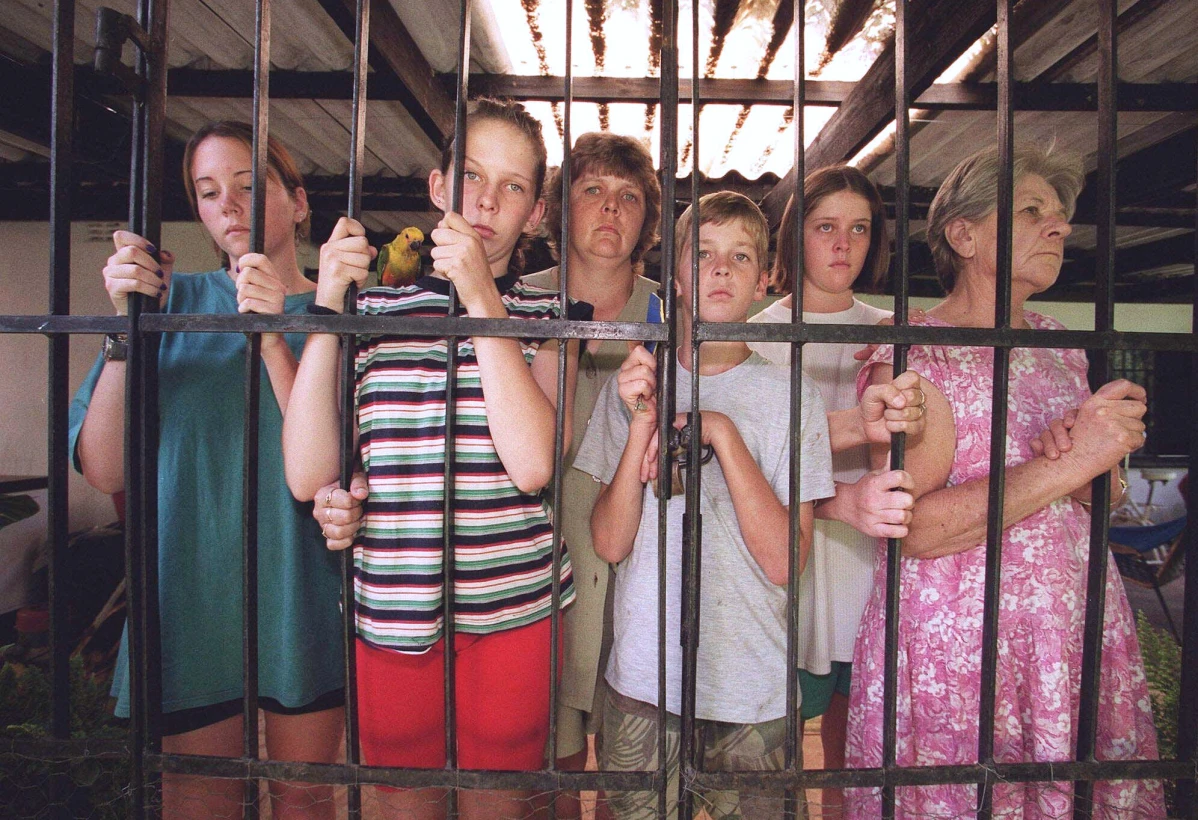HARARE – The government has all but shifted the financial burden of combating domestic violence into the hands of private partners amid revelations treasury is only taking care of 10 percent of the entire budget.
The situation, if left unresolved, is feared could roll back efforts made so far towards dealing with the societal scourge.
This is despite government committing to cover 90 percent of GBV programmes funding by 2030.
Women Affairs Ministry legal advisor, Fungai Chiware told parliament’s portfolio committee on Women Affairs on Monday that inadequate funding from government was affecting strategies being implemented towards curbing violence against women and girls.
She said funding for GBV programmes largely comes from donors.
“There is need for increased domestic funding for GBV programming which leaves most of the funding, approximately 80 percent coming from external donors.
“This must be a cause of concern. While external donor funding is welcome, it is not sustainable.
“The government is meeting approximately 10 percent of estimated US$80 million prevention and response budget while the gap is largely filled by external donors,” she said.
Chiware said inadequate government funding has impacted operations of the country’s key institutions such as the anti-domestic violence council.
“Inadequate funding has crippled key institutions such as the anti-domestic violence council which is mandated to spearhead the campaign against domestic violence,” she said.
Chiware said given the global decline in GBV funding, the funding landscape is not sustainable and hence the need to explore ways of increasing domestic funding for GBV programmes.
She said despite all efforts, the prevalence of violence against women and girls in Zimbabwe has reached “pandemic” levels.
“Gender Based Violence is unacceptably high and the prevalence has reached the pandemic stage. We are working on prevention and early detection of GBV while leveraging on available resources,” she said.
















